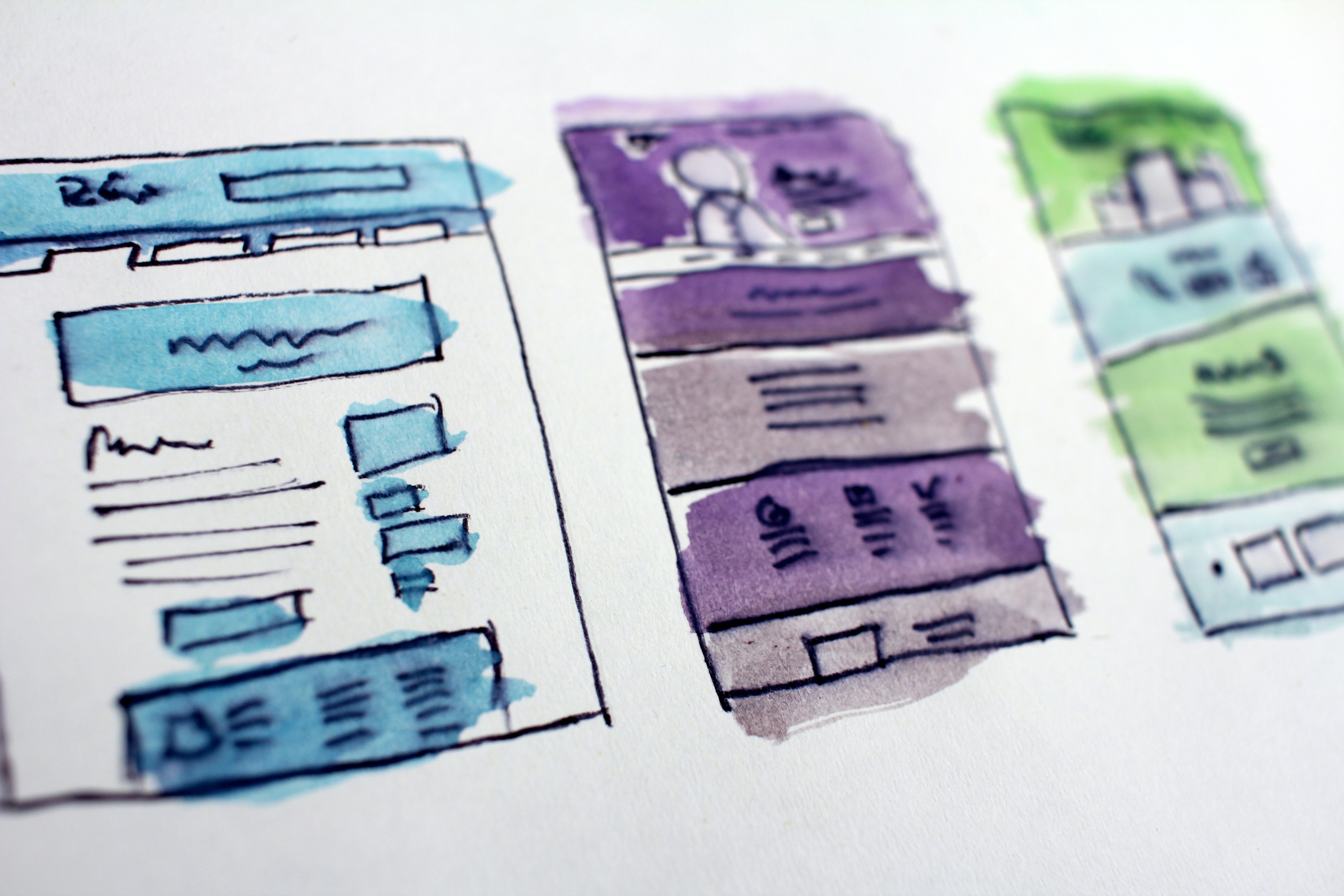
If you’re not automating some of your marketing processes, then the chances are you’re missing out on a large number of customers. It’s just not possible to effectively scale your marketing without some automation, the question is, how can you maximize its effectiveness?
-
Automation is Key to Scaling
-
The Goal Remains the Same - Building Relationships
-
Understand Your Audience
-
Don’t Overcomplicate to Begin With
-
Know Your Customer Journey
-
Personalize Through Segmentation
-
Automated Delivery of the Human Touch
-
Automation is a Framework Built Around Content
-
Share Information with the Right People
-
Research the Right Software
When your operation is small, it’s possible to provide amazing, personal service manually. However, the more your business grows, the harder it is to take care of all the marketing tasks you need to do for each lead.
As you grow, you’ve got to start to automate these tasks, the key to it is, still being able to keep that high level of personalization. Automation is going to allow you to scale, but it’s only going to work if you’re using it wisely and continuing to maintain the customer experience you were able to offer when you were small.
The goals of your marketing aren’t going to change because you start automating tasks. The underlying goal is still to create those strong, powerful relationships that keep people coming back to you time and again.
The only difference is, automation will allow you to create and maintain these relationships with a much wider audience. It’s important that just because you can reach more people, you don’t lose sight of the fact that marketing automation is still about building quality relationships.
Marketing automation gives you the opportunity to scale, but you’re only going to scale what really matters (your conversions) if you continue to offer value.
You can reach a million people with your message, but if you don’t understand what they’re looking for, then you’re not going to have any success.
A big part of automating your marketing is anticipating your audience’s needs, but you can’t do this unless you know what your audience looks like. Before you automate, you need to discuss your buyer personas and understand the questions your audience has and the pain points they need you to solve.
When you have a clear picture of what people are looking for, then you can create an automated marketing series that addresses their issues.
Marketing software gives you the ability to set up an incredible number of automated tasks, but to begin with, it’s easiest to start out slow and work on the basics.
For example, if you’re working with email marketing, start off with one campaign, and one audience, and then build from there. As you learn and optimize your campaign, then you will find there are different audiences you can target, and different campaigns you can set up to get the most out of your marketing.
It’s better to have one campaign running well to start with though than lots of campaigns that are poorly optimized.
People tend not to find your website for the first time and become a repeat customer there and then. Instead, they go on a customer journey, and this is something that needs to play into your marketing automation.
For example, someone who lands on your blog “What is Marketing Automation” is at a very different point in the customer journey to someone who lands on the blog “Choosing the Best CRM.” Your marketing needs to reflect this by matching people with the right content based on where they are in the customer journey.
If you were doing this manually it would take you ages, but marketing automation software gives you lots of tools to achieve this.
Technology might expand your capabilities as a business, but the challenge is, people’s expectations develop too. This means you’ve got to be using the technology that’s available to the best of its abilities to make the most of it.
When it comes to marketing automation, one of the most important benefits you need to be taking advantage of is personalization. We’re not talking about starting an email with the person’s name, we’re talking about reaching them with the messages, content, and forms of communication they’re looking for.
The way you can do this is through segmentation. The more interactions you have with a customer, the more data you have on them, and the better you can use this to personalize your marketing. For example, if someone signs up to your email marketing, and in the first email, they open your link to the “5 Best CRM Software Packages,” then you can use this information to further segment them, and reach them with more of the content they’re looking for.
The key element in your marketing remains your human touch. You can automate boring, scripted messages all you want, but they’re not going to sell. What is going to sell is your creativity, and your ability to develop relationships with your audience.
Automation gives you the means to reach more people, but it’s still your human touch that makes the sale. Your marketing should make the most of this by showing the character of your business and standing out from the crowd.
How many automated emails do you think people get each day?
Make sure yours is different from the rest by putting your own stamp on it.
You’ve got to have great content to back your marketing efforts up. You might be able to get people’s attention through your automated marketing and bring them to your pages, but if you don’t have the valuable content people are looking for, then it’s not going to go much further.
The more you invest in high-quality content, the more options you have to work into your marketing campaigns. You can be even more target with your messages, and establish yourself as an authoritative resource that people keep coming back to.
This is going to help you create more and more leads and boost your sales.
They say that knowledge is power, and in marketing it’s true. You work hard to build up a picture of your potential customers, so it’s important you’re logging this information and making sure it’s shared with the right people in your business.
There’s no point segmenting someone for marketing purposes, and then passing them over to sales, only for them to be missing all the information you’ve put together. Marketing automation should allow the different arms of your business to work in unison and build on the hard work each other has done.
This can only happen if you’re automating the updates of your customer records and sharing the correct information.
The marketing software you choose is going to depend on your business needs. As you might expect, there’s a wide variety of choices, and each piece of software offers something slightly different.
You’ve got to take the time to understand your budget and your needs and make the right decisions on your software. Many companies offer free trials, so take advantage of these and find the marketing automation software that’s going to offer you the most bang for your buck.
Takeaways
If you’re going to scale your business, then marketing automation is a must.
It’s impossible to reach a large audience with the tailored, high-quality campaigns that you need to take your business forward if you’re doing everything manually, and this is why people turn to automation. However, marketing automation in itself isn’t a silver bullet, and it’s how you use it that counts.
You need to continue to offer valuable, human communications that benefit your audience, and to do this, you need to achieve a number of things:
- Focus on building relationships
- Understand your audience
- Don’t overcomplicate
- Know your customer journey
- Use segmentation to personalize
- Show the human touch
- Create great content to build around
- Share information with the right people
- Find the right software
If you can do these things, then you’re going to give yourself a great chance at creating a lot more leads and making more sales.




